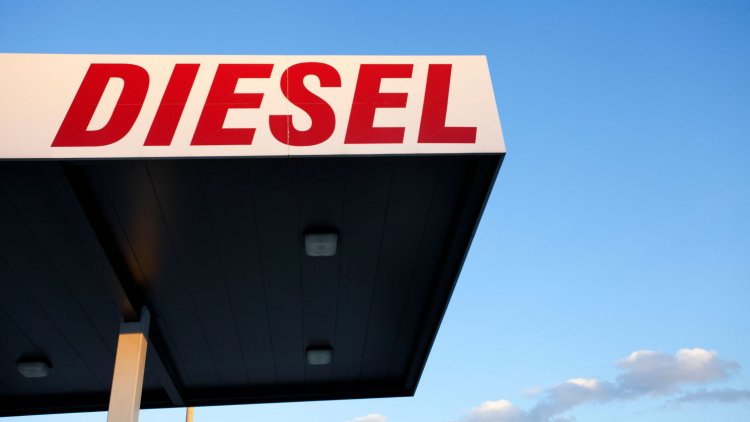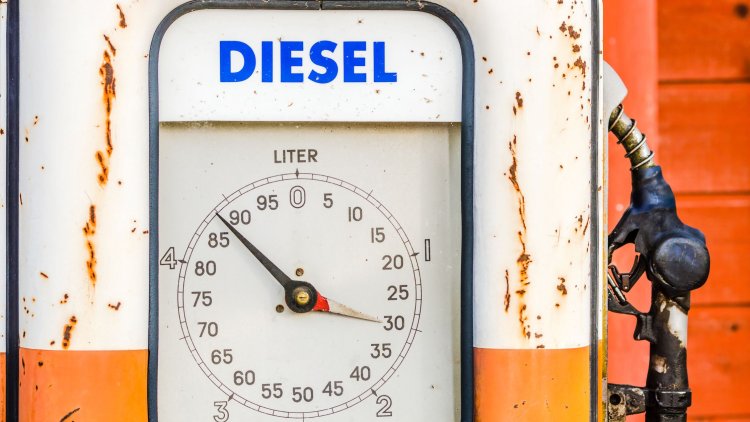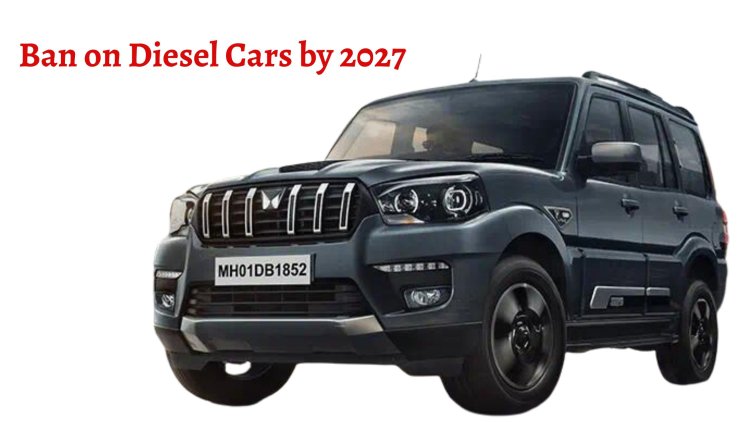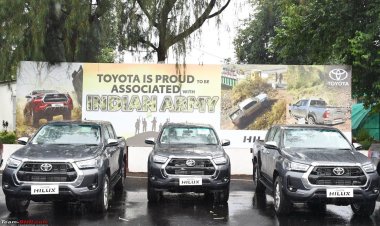India Urged to ban diesel cars by 2027 to tackle emissions: Report
India's ambitious move to ban diesel cars by 2027! Discover more in our most delinquent report.

According to a commentary commissioned by the Indian Ministry of Petroleum and Natural Gas, diesel-powered four-wheelers should be banned by 2027 in cities with a population of over 10 lakh in popularity of electric and gas-powered automobiles. By 2035, the board, which was led by the retired oil secretary Tarun Kapoor, suggested the phase-out of interior combustion-powered motorcycles, scooters, and three-wheelers.
Suggested: Exploring the Pros and Cons of CNG, Hybrid, and Petrol Cars: Which One Is Right for You?
The report also recommended a 10-year ban on the installation of new diesel city buses in populated areas. According to the board, passenger cars and taxis should change to ethanol-blended petrol and electric vehicles, respectively, with almost a 50% share in each variety.
The report recommended that, in addition to banning diesel-powered vehicles, only electric-powered city delivery vehicles should be permitted starting in 2024 and that, by 2030, no new city buses should be added that are not electric.
India wants to generate 40% of its electricity from renewable sources by 2070 and cut projected carbon emissions by one billion tonnes in order to reach its goal of reducing emissions to net zero by that year. The report recommended increasing the use of natural gas, which is less polluting than liquid fuels like diesel, in manufacturing and transportation, and increasing its share in the country's energy combination from 6.7 % to 15 % by 2030.
Suggested: Maximizing Your Profit: Tips for Selling Your Car Online in India Safely and Efficiently
In accumulation, the statement recommended using CNG as a bridge fuel for the subsequent 10 to 15 years as we make the switch to electric vehicles. The information selected the use of only electric-powered city delivery vehicles for new registrations forming in 2024 and suggested increasing the use of railroads and gas-powered trucks for the transportation of cargo.
The FAME assignment should be continued after March 31 in order to hasten the development and uptake of electric vehicles in the nation, according to the report. The panel suggested that EVs be promoted as the best choice in order to get ready for the phase-out of internal discharge engine two- and three-wheel vehicles by 2035, though the Indian government has finally accepted the report. Policy permission for ethanol-blended fuel with an increasing blend ratio must be provided in the interim.
Read more: MG Comet EV Unveiled: Specs, Range, and Competitors
The report made a point of highlighting how heavily the switch to EVs in the auto industry will affect how quickly fossil fuel consumption declines. There will be a rapid repurposing/closure of refineries for the production of renewable energy/biofuels and a reduction in the overall carbon footprint with an aggressive transition to EVs due to policy mandates.














